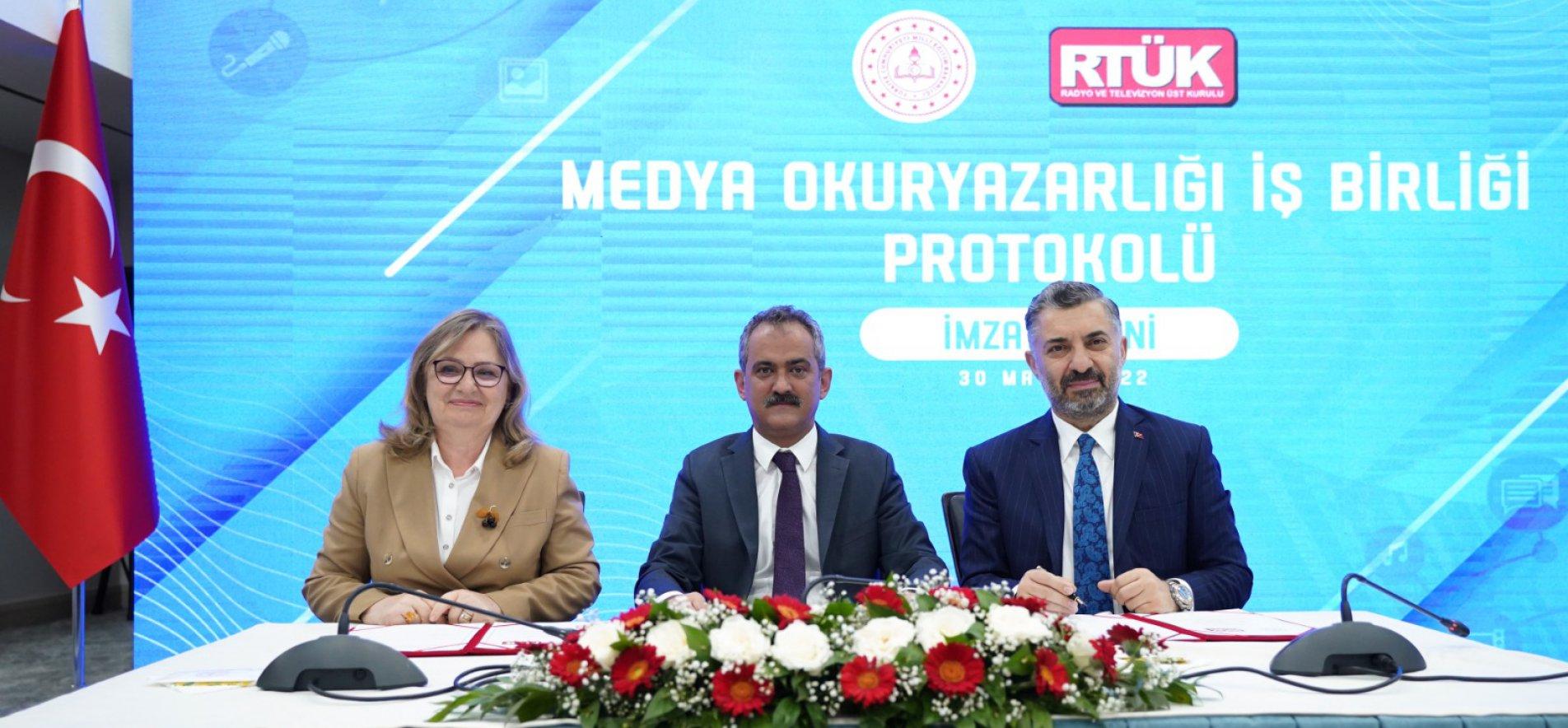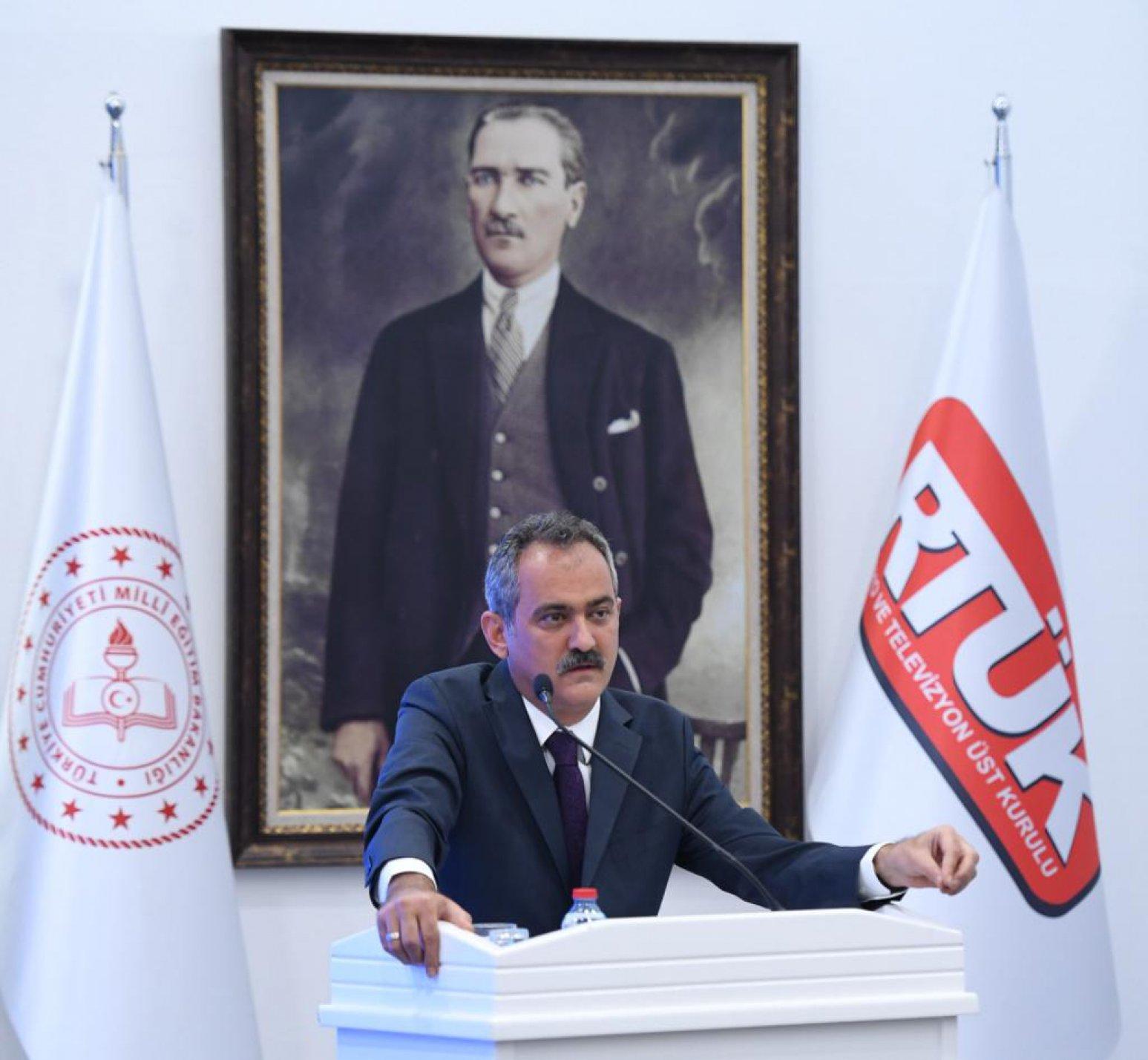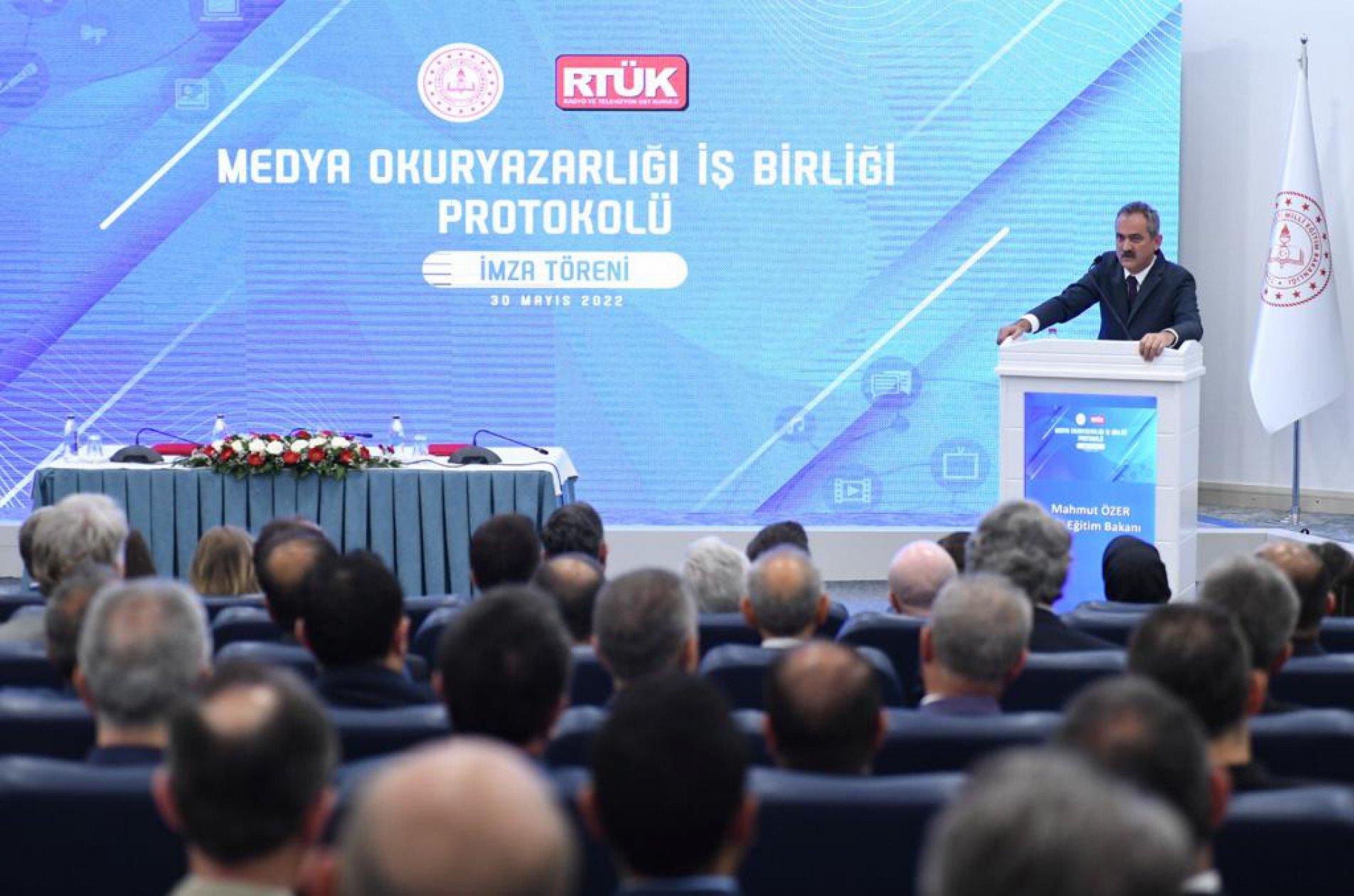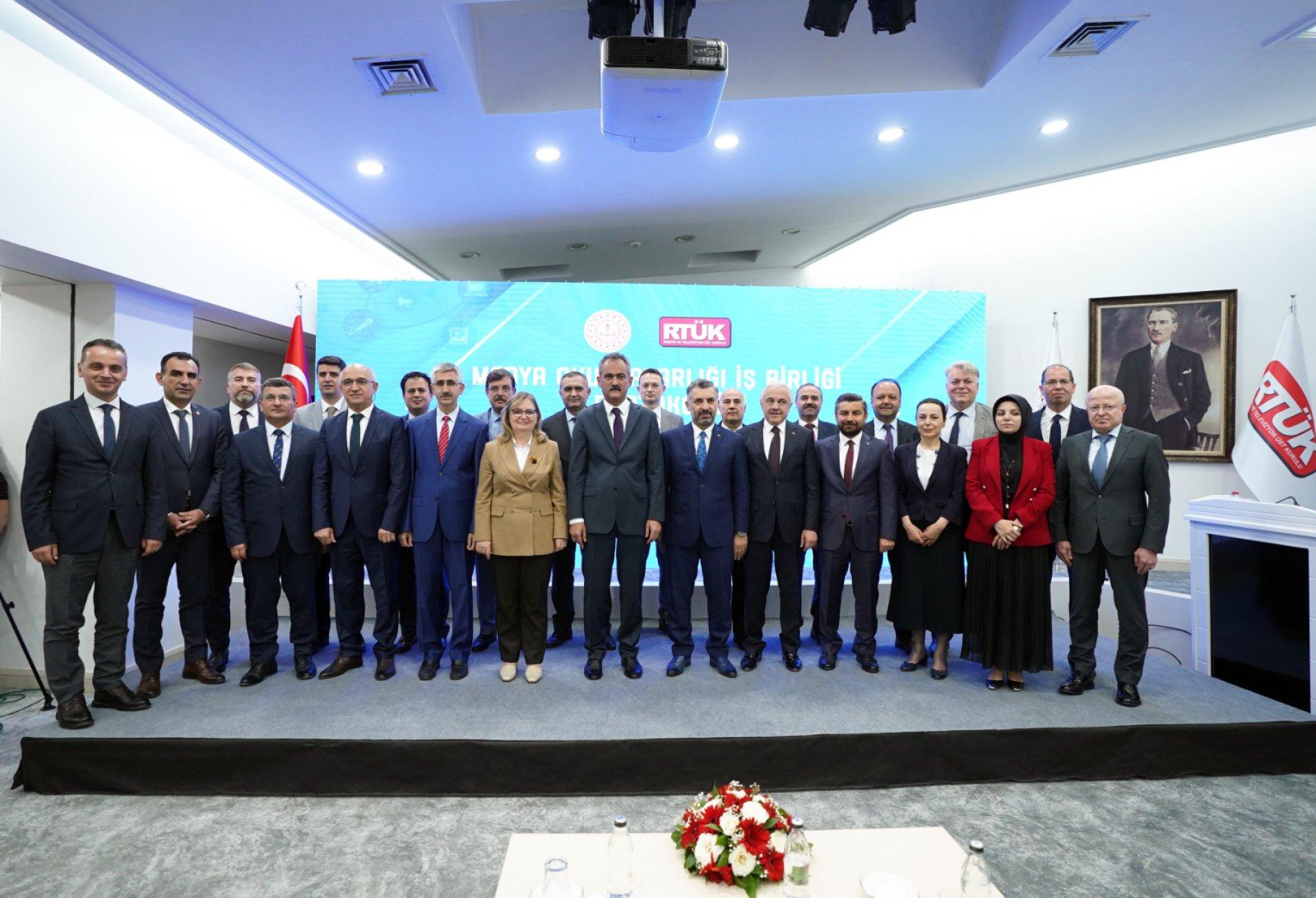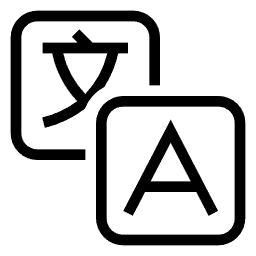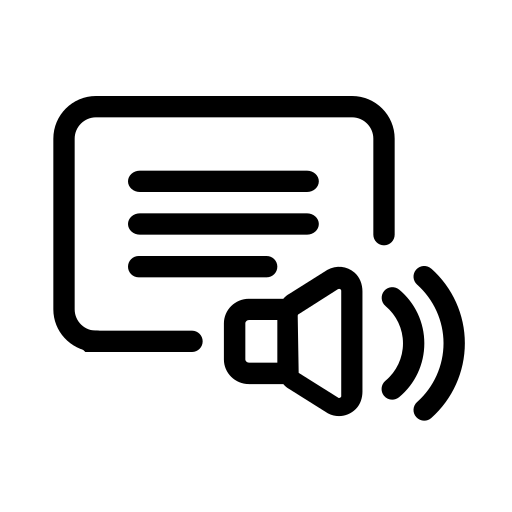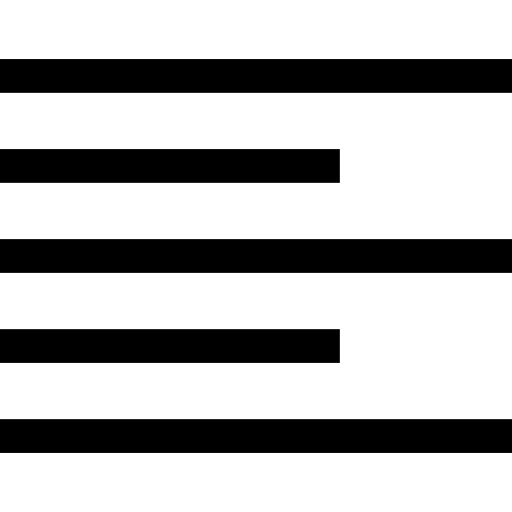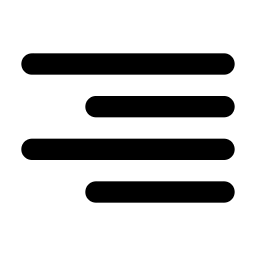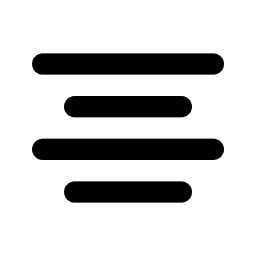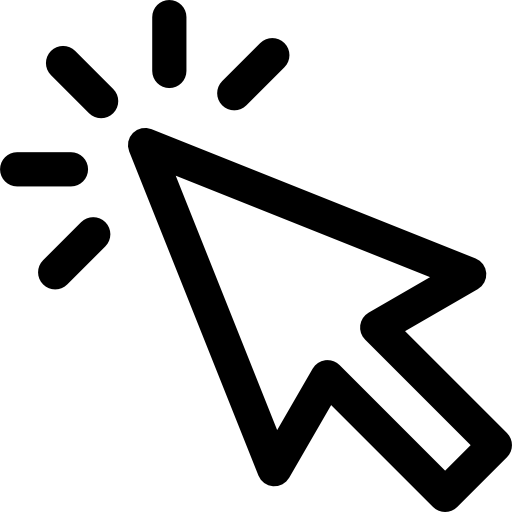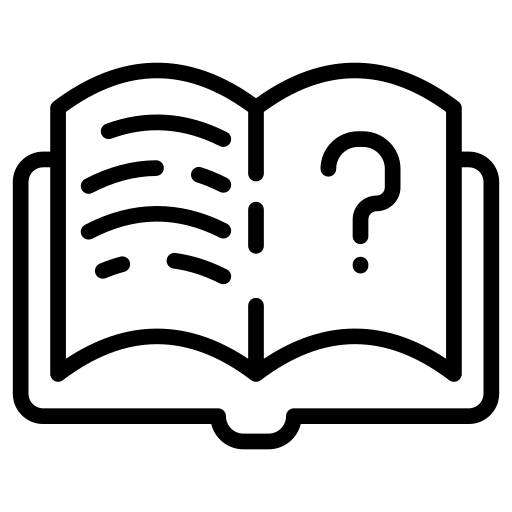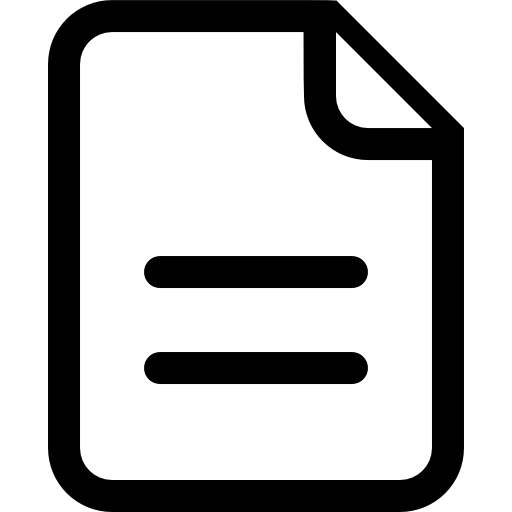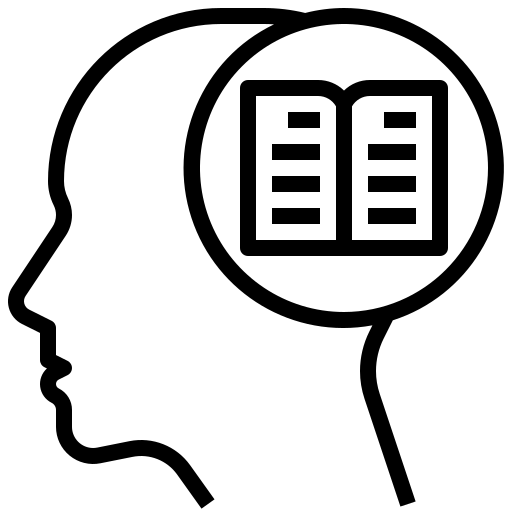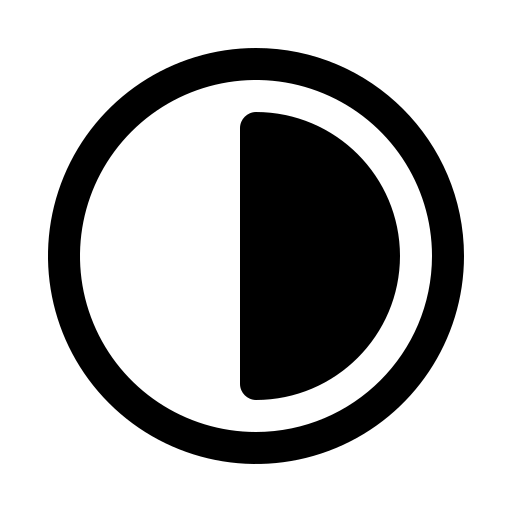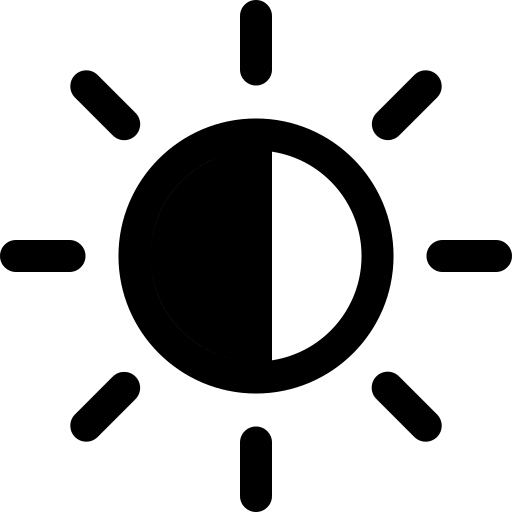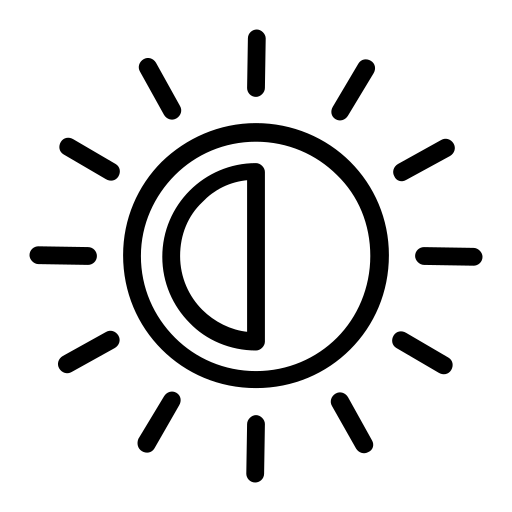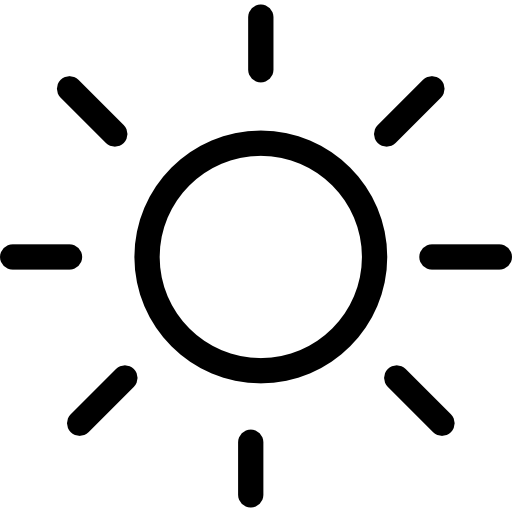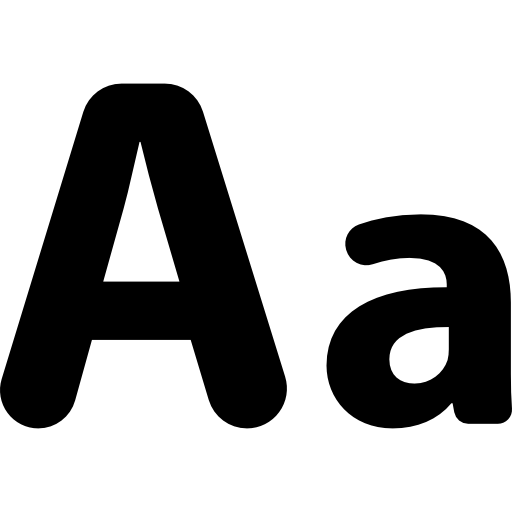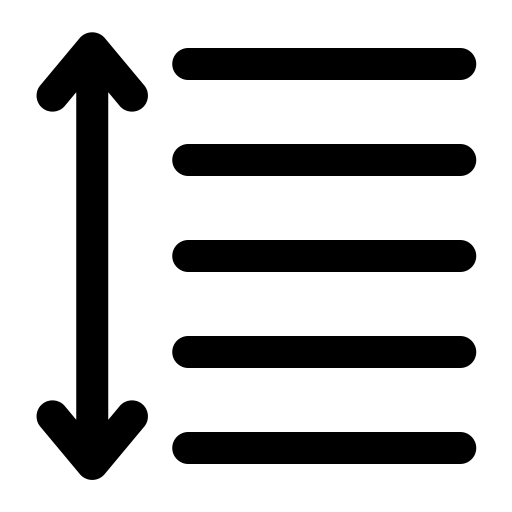Deputy Minister of National Education Petek Aşkar and Radio and Television Supreme Council (RTÜK) President Ebubekir Şahin signed the "Media Literacy Cooperation Protocol" between the Ministry and RTÜK during a ceremony participated by the Minister of National Education Mahmut Özer.
Minister Özer mentioned the importance of media literacy and said that his Ministry is using its every means to prepare children for the future, equip them not only with academic knowledge but also non-cognitive skills and raise their awareness about possible hazards.
Noting that there are approximately 19 million students and 1,2 million teachers in the education system of the country, Özer said, "We are aware of the new threats of 21st century. This century is considered as the century of freedoms but actually we are witnessing an increasing number of addictions. Newly emerged technologies make our lives easier but they also produce different behavior patterns. One of the challenging issues of this century is internet education and lack of media literacy."
Minister Özer stressed that technology has a deep impact on the education sector and mentioned that western literature has been discussing technology addition, unwanted use of technology despite lack of enough research in this field.
Call for prevention of digital addiction
"Our children are facing a serious threat. The American Psychiatric Association defined behavioral disorders as a type of addiction for the first time in 2013 and considered internet especially social media addiction within this framework. But, we must also accept the fact that we cannot survive by ignoring digital platforms. In other words, we must include digital platforms and their opportunities to our education system," said Özer.
He reminded that digital platforms were widely used during distance education carried out during the Covid-19 pandemic.
"It is also our responsibility to raise awareness of our students about social media and technology. They must know what they are exposed to. New media, social media and other platforms always demand connection and ask people to stay online. It is not a coincidence. They are intentionally demanded. For the first time in the history of humankind, digital platform companies are dominating not only the time of the people but also their preferences and decisions," stressed Minister Özer.
Özer said that in today's world the internet and social media is used for manipulation adding that, "All fights, wars and PR activities are carried out in social media. Despite being a useful instrument, it is also used as a source of disinformation. We are under the bombard of constant information. Actually, it also changes the behavior pattern of young people."
Media literacy will help children to be more resilient against future challenges"
Minister Özer noted that there is "attention economy" on the internet.
"Free services sell your choices, behavior patterns and information to their clients and different platforms always try to contact users. At this point, we consider media literacy with all its aspects. It is not only a matter of education but also has economic, sociological and psychological dimensions. We must raise awareness of students about the media, what they face every day and accurate information. Media literacy will help children to be more resilient against future challenges," said Özer.
Meanwhile, RTÜK President Şahin stated that they have carried out different activities in order to inform children about the dangers they can come across in the media.
"We sign this protocol with the purpose of keeping children away from digital addiction and help them to become conscious media consumers," noted Şahin.
Context of the protocol
Protocol between the Ministry and RTÜK includes the organization of seminars, conferences, symposiums, panels, workshops, training programs, contests and activities for students, parents and teachers about media literacy, cyber security and prevention of technology addiction.
The Ministry will prepare education materials about media literacy. Digital versions of these materials will be available at EBA and ÖBA portals.
It is also planned to update the media literacy elective courses.
